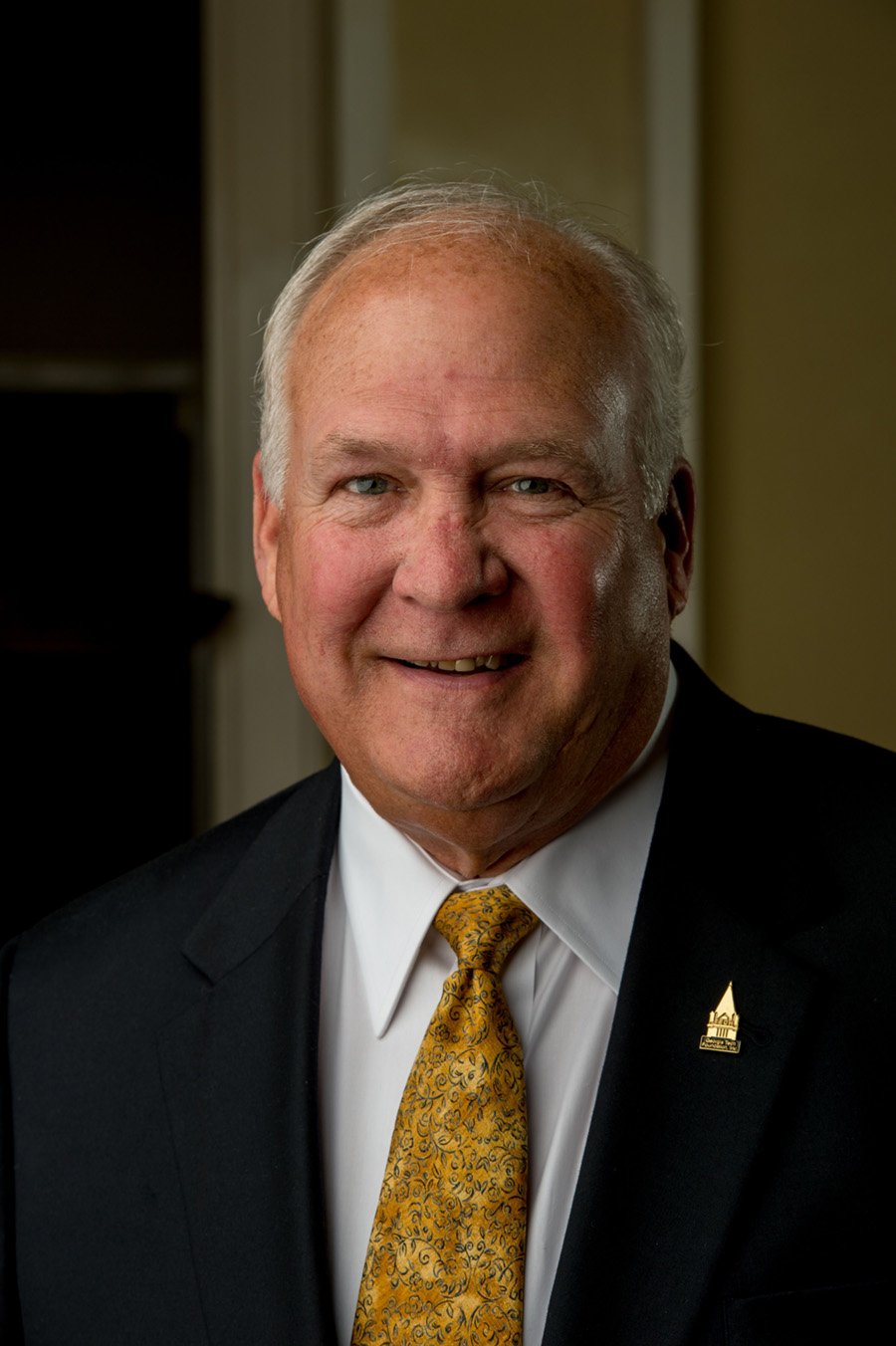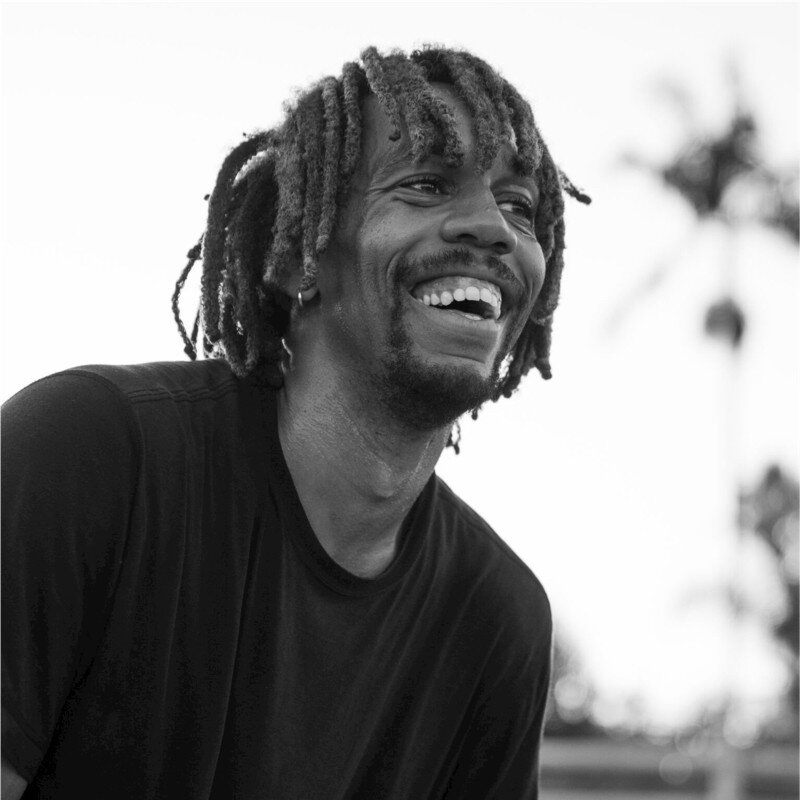
“What I Wish I Knew…”
A podcast featuring life lessons from athletes, entrepreneurs, leaders, writers, and difference makers.
Life and career rarely go to plan. Breakthroughs happen on the ragged edge when things aren't quite going as expected. Self-aware people learn from those trials. What I Wish I Knew podcast hosts Mike Irwin and Simon Daw explore lessons learned by athletes, entrepreneurs, leaders, writers, and difference makers. They have three things in common: none are perfect, all are humble, and they've learned a few things along the way. In What I Wish I Knew, they share those lessons with you.
Also available wherever you find your favorite podcasts.
Latest Episodes
We’ve produced more than 40 episodes of What I Wish I Knew. Our usual podcast guests talked about journeys that they chose to embark on: starting a company, solving a problem, creating opportunities, or navigating life and career. In our current series, we’re probing into a trip that none of us opted into but we’re all aboard anyway…and that is artificial intelligence. AI influences what we see, hear, buy, and think, how we navigate the world, and how we navigate daily life.
In this introductory episode, we discuss lessons from the first episodes and shift gears into an exploration of AI and the everyday implications for all of us. This is the first in a series we hope will result in gaining a better understanding of AI and the responsibility each of us has in building AI savvy going forward. More info.
Unpacking the influence of AI on marketing with anthropologist Bob Morais
AI is seemingly everywhere and changing the way people work. Dr. Bob Morais is a business anthropologist and a Lecturer at Columbia Business School. From a 35+ year career working with some of the world’s most famous brands, Morais has dug deep into consumer behavior. He shares how AI is being used in marketing now, the opportunities and pitfalls, why its best used as a collaboration tool rather than a replacement for human involvement, and why each of us should develop skills in utilizing AI. More here.
Other Episodes
Is there a secret to success? Absolutely. And it’s probably not what you may think.
Bert Thornton spent 40 years shaping careers (including his own) as Waffle House grew from a few restaurants in the American south to become a pillar of communities around the country. As president and chief operations officer, he believed that the growth of the company relied upon the development of its people. Building leadership skills throughout an organization is both an obligation and an opportunity. Now, there’s a gap between emerging leaders and those who can help guide them along the way. Mentoring can help bridge that gap…and, when done well, it can transform lives and organizations.
In this episode of What I Wish I Knew with Mike Irwin and Simon Daw, Bert shares why mentoring can matter so much, the elements of an effective mentor/mentee relationship, and how to get started. He also covers how to foster creativity within systems…in a way that led to a product that Waffle House sells 11 million bowls a year. More here.
What brand of blanket do you have at home? If you’re like most people, you have no idea. If you’re Wylie Robinson then you’re out to change that. Wylie is founder and CEO of Rumpl, the brand of blanket that most people will want when they see it.
It all started in a blizzard. Stranded in a vehicle that wouldn’t start and out of cellphone range, Wylie was inspired to create blankets out of the same high-performance material used in sleeping bags and puffy outdoor jackets. The resulting product ultimately became Rumpl and is now sold in outdoor retailers and online. Rumpl became so sought after that the staff at Shark Tank spent four years pursuing him to appear on the show…which he did.
In this episode of What I Wish I Knew with Mike Irwin & Simon Daw, Wylie talks about how his architecture education prepared him for a role as a designer and eventually to create Rumpl. He shares advice for aspiring entrepreneurs (two hints: be ready to hustle and create narrative around your business). He also talks about appearing on Shark Tank and why he turned down a deal. More here.
Ann Hiatt’s first job was with a startup. At age 16. “Leaning into doing hard things,” she joined Amazon out of college and became Executive Business Partner to Amazon founder, Jeff Bezos. In the early years, Amazon’s focus on securing customers rather than profit was considered risky. Also risky: the helicopter that Ann arranged for Bezos. Listen to hear the story.
While pursuing a PhD at UC Berkeley, she was recruited to Google and worked alongside Marissa Mayer on new technology. She became Executive Business Partner and Chief of Staff to Google CEO Erik Schmidt. Her 15 years in leadership of the two tech giants has given her a unique perspective on the enormous role and responsibility of transformative business models. She is a sought-after international speaker, angel investor and sits on several boards in the UK. Ann is also the author of Bet On Yourself. In this episode of What I Wish I Knew with Mike Irwin & Simon Daw, Ann talks about what she learned about innovation and leadership from her days at Amazon and Google and how those lessons apply to everyone. More here.
The world today is deeply divided over politics, covid, race, culture, values, religion, and many other issues. Bridging that chasm is perhaps harder than it’s ever been and yet maybe never more important than it is right now. Dr. Gaye Theresa Johnson of UCLA shares a perspective that fear overhangs much of that discord and recognizing the source of that fear is vital to building cooperation.
In this episode of What I Wish I Knew with Mike Irwin and Simon Daw, Dr. Johnson talks about the capacity for compassion that we all have and how we can find ways to tap it. She gets into how to approach important conversations with curious mindset rather than a furious one. She covers how we can turn to our own history for examples of cooperation across boundaries. She talks about the power of kindness and compassion. And she makes the case of learning from the young in their ability to find joy in everyday life.
Dr. Johnson is an expert on race, cultural politics, and freedom struggles as well as the connections between them. She is Associate Professor of Chicana/o and Central American Studies and an affiliate in the Department of African American Studies at the University of California at Los Angeles. She is the author of three books: Spaces of Conflict, Sounds of Solidarity: Music, Race, and Spatial Entitlement; Futures of Black Radicalism; and the forthcoming Rings of Dissent. She’s an in-demand speaker, award winning faculty member, and teaches one of the most popular courses at UCLA. When you listen to this episode, you’ll easily understand why. More here.
“It’s true that there’s a cost to addressing environmental problems but it’s also true that there’s a much higher cost to not addressing them.” And in Mark Tercek’s view, everyone can and should play a part. The former CEO of The Nature Conservancy believes that the best outcomes for the planet will come at the intersection of government, corporate, institutional, organizational, and individual effort. The common Environmental, Social, and Governance (ESG) criteria are important but not enough and there are rewards for going above basic compliance levels.
It’s a familiar place to Tercek. With more than 1 million members, $1 billion in revenue, and active in 70+ countries, The Nature Conservancy is the world’s largest environmental nonprofit. Prior to The Nature Conservancy, Tercek partner and managing director at Goldman Sachs. He built Goldman’s environmental practice to help clients pursue initiatives that achieved positive financial and environmental outcomes. These days, Mark is a speaker, writer, advisor to business, institutional investors, and climate startups. He also publishes The Instigator which is intended to push the private sector to take bold action on the environment. His goal is to tackle huge environmental challenges in ways that make business sense.
In this episode of What I Wish I Knew with Mike Irwin & Simon Daw, Mark shares a blueprint for CEOs, organizational leaders, and individuals to maximize their positive environmental impact. More here.
“Purpose is simultaneously absolutely nothing at all and absolutely everything.” How one defines purpose is an individual choice. And it’s all part of their story. Eric Thomas is what happens when you combine a decade of marketing experience, street smarts, and heavy dose of humor to balance it out.
For Eric, storytelling is a business and a way of life. His insights on culture, business, and media help strategists and leaders imagine innovative ways forward, break down old ways of thinking, and empower them along the way. He is an entrepreneur, storyteller, social commentator, brand strategist, artist, and self-taught designer. His life is one that proves many things can be true at once and no one is defined by any one part of their identity.
Eric is Chief Storyteller for the City of Detroit. His blog on LinkedIn has earned more than 3 million reads and been republished across the globe. His comments and work have appeared in The New York Times, Financial Times, The Guardian, The Economist, CBS, Detroit Free Press, Adweek, TedX, MIT, and the University of Michigan.
In this episode of What I Wish I Knew with Mike Irwin & Simon Daw, Eric talks about racism, the meaning of purpose, emotional truth versus authenticity, and his philosophy of “bitter optimism.”
With the Covid vaccine, the entire planet has just had front row seats to innovation of massive importance, urgency, and scale. What looked like chaos has resulted in crunching the vaccine cycle time from 10 years to 10 months. So how did it happen? And what are the factors that lead to creative and innovative leaps? How can innovation occur in daily life? Jeff DeGraff is the person who knows.
Jeff is an advisor to Fortune 500 companies, a top innovation speaker, a professor at the Ross School of Business at the University of Michigan, and a bestselling author.
He founded the Innovatrium, an innovation consulting firm focusing on creating innovation culture, capability, and community. He has worked with companies including Apple, Coca Cola, General Electric, Google, and many others. He earned his nickname, the “Dean of Innovation,” while working as an executive for Domino’s Pizza in his youth, where he accelerated Domino’s growth from a regional success story to an international franchise phenomenon. He is also the author of several books on how teams innovate, his most recent being The Creative Mindset: Mastering the Six Skills that Empower Innovation.
In this episode of What I Wish I Knew with Mike Irwin & Simon Daw, Jeff talks about innovation accelerators and obstacles, the importance of the failure cycle, the geography of genius, and the Covid vaccine effort. More here.
Brandon Lowery was a professional athlete…but not in the sports he loved most. While he leaned toward the boards of skate, snow, and surf, Brandon’s athletic ability aimed him toward a professional soccer life in Europe. A crash ended his soccer career and left him wheelchair bound for two years. His experiences as a traditional sport athlete inspired him to bring the same standards, opportunities, and audiences to action sports. He is CEO of USA Surfing, the sport’s national federation. As president of the Global Action Sports Foundation, Brandon works to advance the support of action sports. He also develops private equity ventures, mixed-use real estate, and community programs. He serves on the Australian committee of One Young World, a global youth leadership summit, and on the board of San Diego Sport Innovators, a sports and active lifestyle industry group. He’s also a global ambassador for apparel brand, Lululemon.
In this episode of What I Wish I Knew with Mike Irwin & Simon Daw, Brandon talks about the lessons of culture and community he learned from sports and travel, the value of listening to understand others, and overcoming belief systems. More here.
Dr. Debbie Chen has many roles in life: parent, founder, advocate, scientist…and Muay Thai fighter. It was in her role as a fighter that she faced the personal struggle of hydrating properly for her sport. The rule of thumb 8-glasses-of-water-a-day is just a guess and not one that works for all. Armed with a Ph.D. in biomedical engineering from Tufts University, Dr. Chen set out to solve the problem and build a business around hydration monitoring. Her company, Hydrostasis, was granted a patent in January 2021.
Starting any company is a hard thing. As a female founder, it’s even harder because of the lack of access to capital and to potential investors. In 2019, female founders received 2% of venture capital funding in the US. For context, one male-founded company, Quibi, which shutdown in 2020, raised $1.7 billion – more than the entire funding for all female-founded companies.
In this episode of What I Wish I Knew with Mike Irwin & Simon Daw, Dr. Chen describes her journey from a life in research labs to fighting in the ring to creating a company and searching for funding. More Here
For just about any outdoor sports or active lifestyle brand that you like, own, or want, there’s a good chance that Bob Rief has been involved. He was behind Merrell Footwear, Reef Sandals, and Sanuk, and as head of Nike Golf, he signed a college kid called Tiger Woods. Bob was also part of Callaway Golf, K2, Nordica, and Raichle-Molitor. A lifelong waterman, Bob knows the sense of authenticity and community inherent in the culture and he’s built it into every brand. He’s a held many titles: board member, CEO, founder, GM, marketing director, president, and sales manager. And he started as a gold miner.
In this episode of What I Wish I Knew with Mike Irwin & Simon Daw, Bob talks about creating a brand, building a business, and the power of community. More here.
Across the globe, Hannah Ingram-Moore has worked with companies such as Whittard of Chelsea, Gap, Fortnum & Mason, Swatch Group, and Mulberry to create and deliver omnichannel strategies, improve the customer journey, and boost international distribution and sales. She currently serves as co-founder, director, and workplace strategist with Maytrix Group, a company dedicated to helping clients achieve step changed revenue growth, effective strategy execution, and maximizing people engagement.
Now based near London, Hannah and her family have been honoured to be part of the global phenomenon of fundraising by her father, Captain Sir Tom Moore. Little did they know that the simple gesture of her family sponsoring Tom to walk around the garden would lead to near £39 million being given to NHS Charities and the creation of The Captain Tom Foundation. In this episode of What I Wish I Knew with Mike Irwin & Simon Daw, Hannah talks about recognising strengths, setting extraordinary goals and knowing your aspirations. More here.













